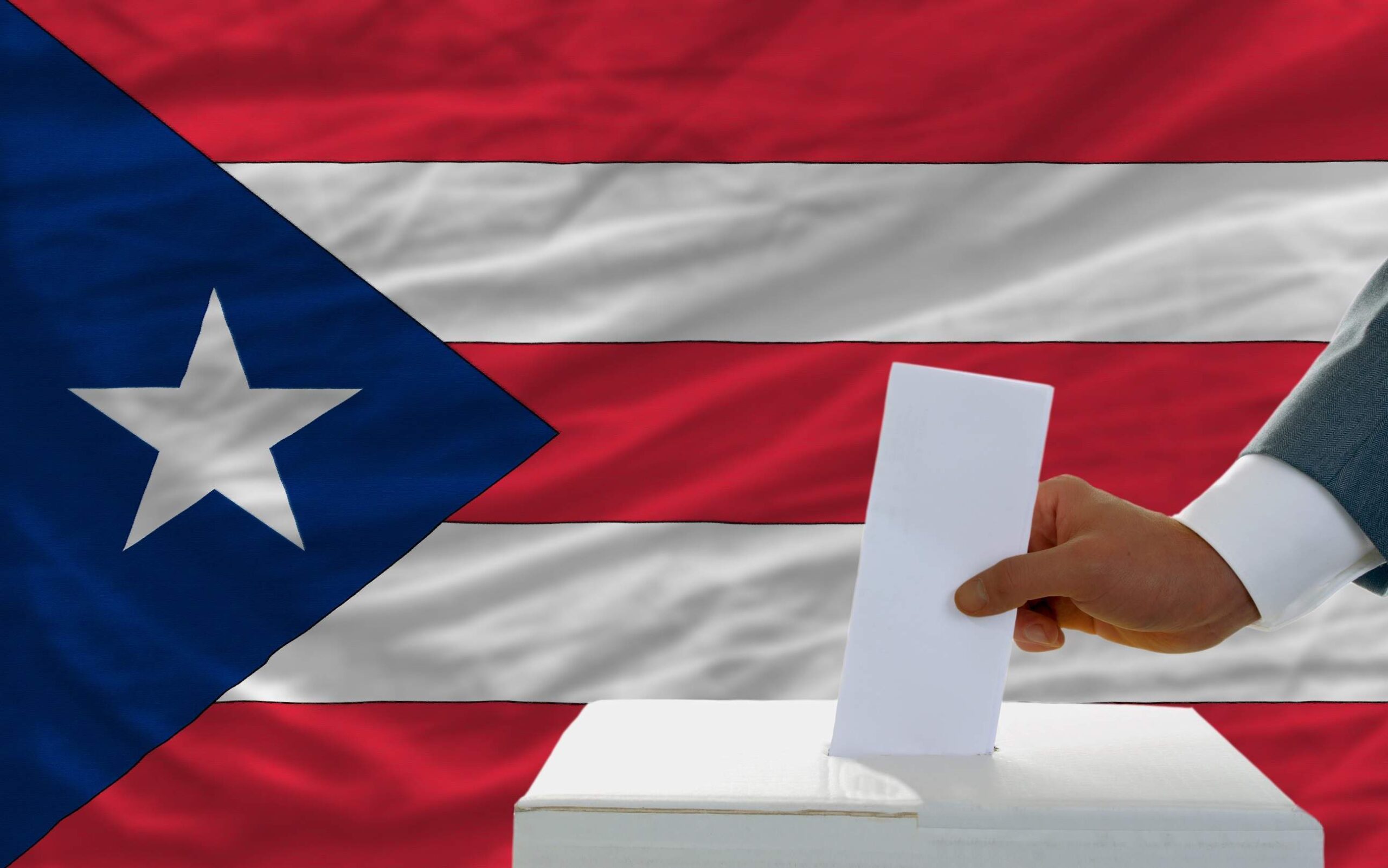
Puerto Rico, the small Caribbean island, voted this weekend to become the 51st US state.
The island has been considered US territory since the states won it from Spanish rule back in the 1898 after the Spanish-American war however it didn’t become an official US commonwealth until 1952.
This means that the island has its own constitution, though Puerto Rican residents are considered to be US citizens.
One notable difference however, is that Puerto Ricans cannot vote in the US presidential election, though they can participate in the primaries.
The island has been suffering from a 10-year long recession which is one of the reasons why voters want to be an official state of the US – in order to receive more help and support from the government.
However, it is unlikely to happen.
How well do you really know your competitors?
Access the most comprehensive Company Profiles on the market, powered by GlobalData. Save hours of research. Gain competitive edge.

Thank you!
Your download email will arrive shortly
Not ready to buy yet? Download a free sample
We are confident about the unique quality of our Company Profiles. However, we want you to make the most beneficial decision for your business, so we offer a free sample that you can download by submitting the below form
By GlobalDataFour reasons why Puerto Rico is unlikely to become a US state
1. This was the fifth referendum on the state question
Puerto Rican citizens have voted in this same referendum four times already, before the vote this weekend.
Three out of the five votes, 1967, 1993, and 1998, the island decided against statehood.
The vote in 2012 marked a turning point where voters choose statehood for the first time. However, nothing happen, so nothing may change after this year’s vote.
2. Historically low turnout
Puerto Rico is known for its high voter participation rates – which are normally found to be around the 80 percent mark.
However, in this year’s referendum, only 23 percent of registered voters cast ballots, though, of this 23 percent, 97 percent voted for statehood.
A former governor, Anibal Acevedo Vila, told the New York Times that these lopsided results will hold the island back. Vila said:
A 97 percent win is the kind of result you get in a one-party regime. Washington will laugh in their faces.
3. Congress and the Republicans probably won’t allow it
The leadership of Congress is in the hands of the currently staunch anti-immigration Republicans who will vote and ultimately make the decision on Puerto Rico’s ratification.
In 2015, around 89,000 island residents moved to the US mainland in search of better jobs and higher salaries.
As the Republicans are unhappy with high immigration figures to the mainland so it wouldn’t be surprising if it resisted the ratification in order to prevent a rise in immigration.
As well, the last time Congress ratified a state it was back in 1959 with Hawaii and Alaska, so it’s not a particularly regular occurrence.
Despite this, Puerto Rico’s Senate president Thomas Rivera remains optimistic. He told the Associated Press:
Congress never freely gave away statehood. US states had to fight for it.
4. The island recently declared bankruptcy
Puerto Rico officially declared bankruptcy in May after defaulting a few times.
It now owes its creditors a whopping $73bn – and as the Trump administration has been vowing to bring down the nation’s debts and federal spending, it is unlikely it will want to saddle itself with more.
As well, if it did become a state, it would have the highest unemployment and poverty rate in the nation according to the New York Times.







